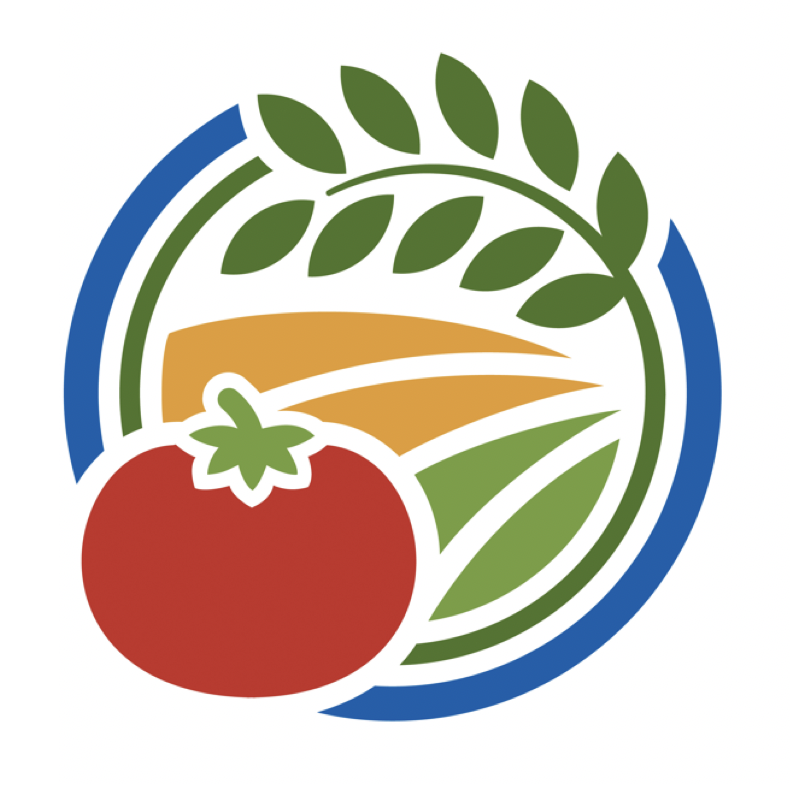ASI and the California Nitrogen Assessment
Nitrogen is a key ingredient in life on earth, but despite its importance, most people don’t think about it much. Nitrogen is key to productive plant growth in crop production systems as well as other ecosystems, and nitrogen fertilizer is vital to the way many farmers grow the vast quantities of food we eat. But it’s becoming increasingly clear that some of the ways we use nitrogen in agriculture lead to problems in the environment and with human health.
How important is nitrogen to our food system? One commonly-cited report says nitrogen fertilizer “provides the very means for survival for about 40% of humanity” – that’s nearly three billion people. And here in California, nitrogen helps power an extensive agricultural sector, which sells more than $30 billion worth of food products every year.
But much of the agricultural nitrogen – whether it comes from crops or livestock – doesn’t end up feeding crops. Instead, about half of the nitrogen applied as fertilizer is not used by plants and instead “leaks” into the environment. This leaked nitrogen can have a number of harmful effects: pollution of our drinking water, smog, coastal “dead zones”, and greenhouse gas emissions that contribute to climate change. At the same time, leaked nitrogen means wasted money for farmers who are applying fertilizer that doesn't get used as efficiently as it could.
At the Agricultural Sustainability Institute (ASI) at UC Davis, we're working to understand where nitrogen is used efficiently and where it's not, and trying to understand what practices work best for farmers, the environment, and human health. That's the work of the California Nitrogen Assessment, a project that aims to get a handle on the complexities of the nitrogen challenge here in California. It will also feed into a better understanding of nitrogen issues around the world.
You can find out more about the California Nitrogen Assessment on the project Web site.
